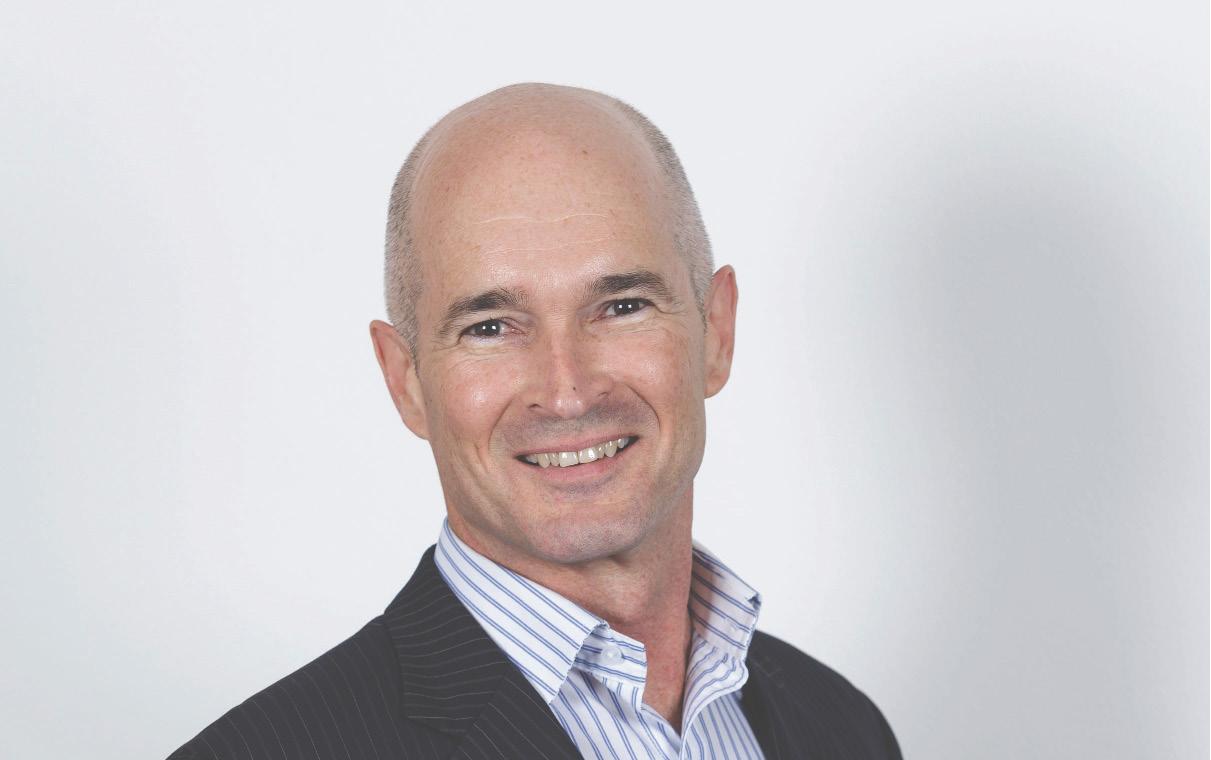Leadership & Management
Gender equity in the Australian MedTech sector – interview with MTAA CEO

Leadership has never been more important as we navigate our way through the COVID-19 crisis and towards an economic recovery that workers, families and businesses are depending on.
The recent WGEA report shows that there is a significant causal relationship between companies increasing the share of female leaders and their subsequent financial performance.
In an interview with Health Industry Hub, Medical Technology Association of Australia (MTAA) CEO Mr Ian Burgess discussed the relevance of the WGEA report within the MedTech sector.
“In terms of the WGEA data and female leaders, the findings are not surprising to me. The research that shows that for quite a number of years now. The fact that the female leadership metrics are still low in certain sectors as presented in the WGEA report indicate that there is a lot of work to do in the community,” commented Mr Burgess.
The broader healthcare sector in Australia is dominated by a female-based workforce. The question is whether this is reflected at the senior leadership level within the organisations.
To lead the debate and promote the benefits of gender diversity in the workplace, MTAA gathered data from its member organisations in 2018 which showed 63% of all employees were females within these organisations. In terms of the overall management level, the data indicated 51% of males and 49% of females occupied these positions. Moving up to the senior management level / senior leadership level, the MTAA sample data showed a higher dominance by males, with females leading 29% of these positions.
“The MedTech sector is heavily committed to diversity and inclusion. Most companies have a variety of programs and policies in place that are actively facilitating increased gender diversity and measuring the progress. I’m quite optimistic that as that bubble comes up through the middle management sector, we’re going to see the gender gap in the senior leadership level continue to improve,” said Mr Burgess.
According to the WGEA report, larger companies have more women at the top. In the case of the MedTech sector, the MTAA data did not show a difference in the % of women in senior leadership roles by company size.
To assist other MedTech companies in developing a systematic approach, MTAA worked with several member companies to develop a whitepaper Women in MedTech: A report on current practices to promote gender diversity.
Key Learnings from the MTAA Whitepaper
- The organisations that are addressing the issue of gender diversity and inclusiveness are doing so out of a true belief and understanding of its benefits.
- The biggest champions of this need to be at the most senior level in the organisation. These champions will need to continually communicate consistently and authentically about gender diversity to create momentum and support across the entire organisation.
- Developing overt policies, KPIs and actions is necessary for change to happen.
- Creating change around gender diversity, like any transformation in an organisation requires overt, intentional and careful management.
Flexible working arrangements is an important example of how diversity and inclusion policies are contributing to gender equity and ensuring that both women and men have the opportunity to pursue their careers while balancing their family needs.
“COVID-19 has also accelerated flexibility and changed the way that we all work. It can further assist in progressing gender diversity,” said Mr Burgess.
“In terms of what success looks like, without sounding overly simplistic, it would be moving beyond having the conversation around whether gender gap metrics are improving. Success means that gender equality has been achieved and all of our processes within the business and how we interact with each other demonstrates this outcome,” concluded Mr Burgess.
News & Trends - MedTech & Diagnostics

AI-assisted colonoscopy boosts polyp and adenoma detection
MedTech & Diagnostics News: In a standard colonoscopy, as many as one-third of colorectal polyps and adenomas can go by […]
MoreNews & Trends - Pharmaceuticals

‘Every day of delay is costing Australian lives’, says Rare Cancers Australia CEO
Pharma News: Rare Cancers Australia (RCA) has voiced its disappointment alongside the pharmaceutical industry following the Pharmaceutical Benefits Advisory Committee’s […]
MoreNews & Trends - Pharmaceuticals

Government’s silence on Senate report leaves cancer patients in limbo
Pharma News: NeuroEndocrine Cancer Australia has urged the government to respond to the Senate report on equitable access to diagnosis […]
More